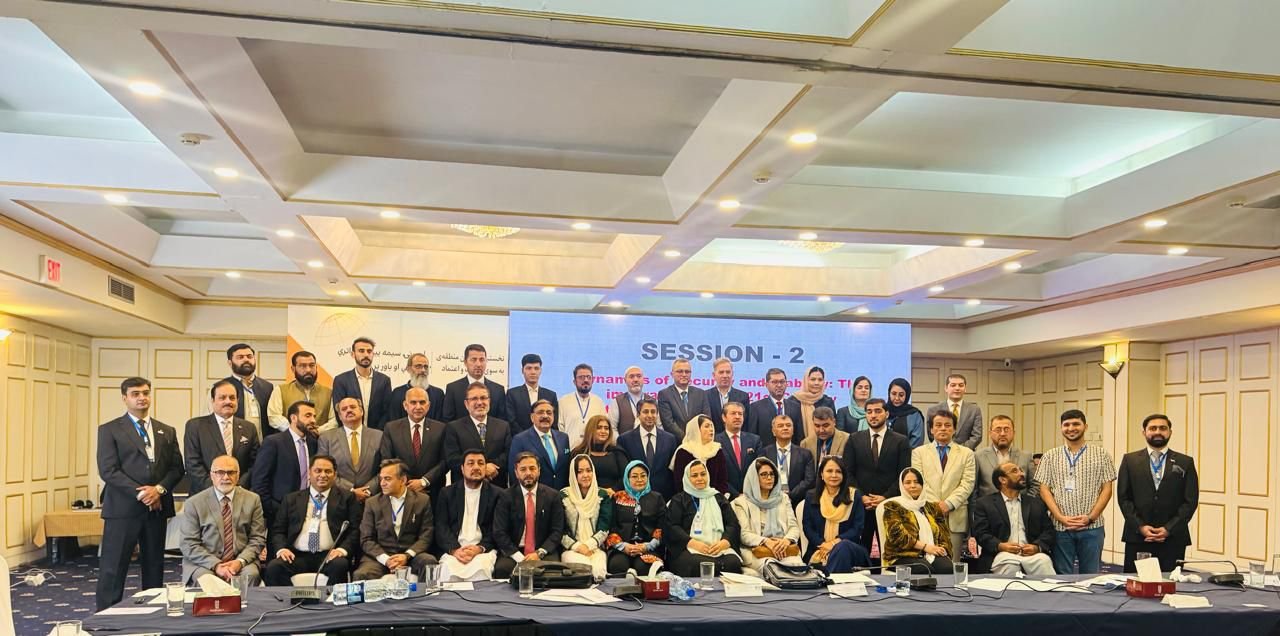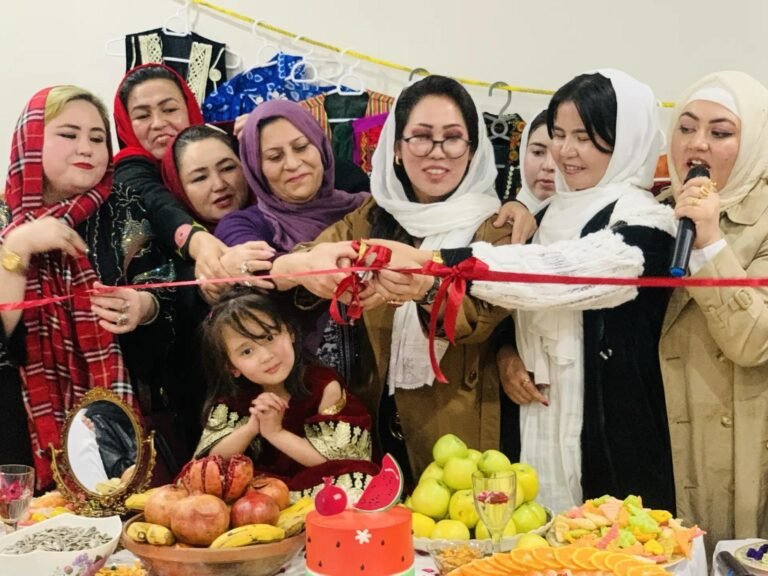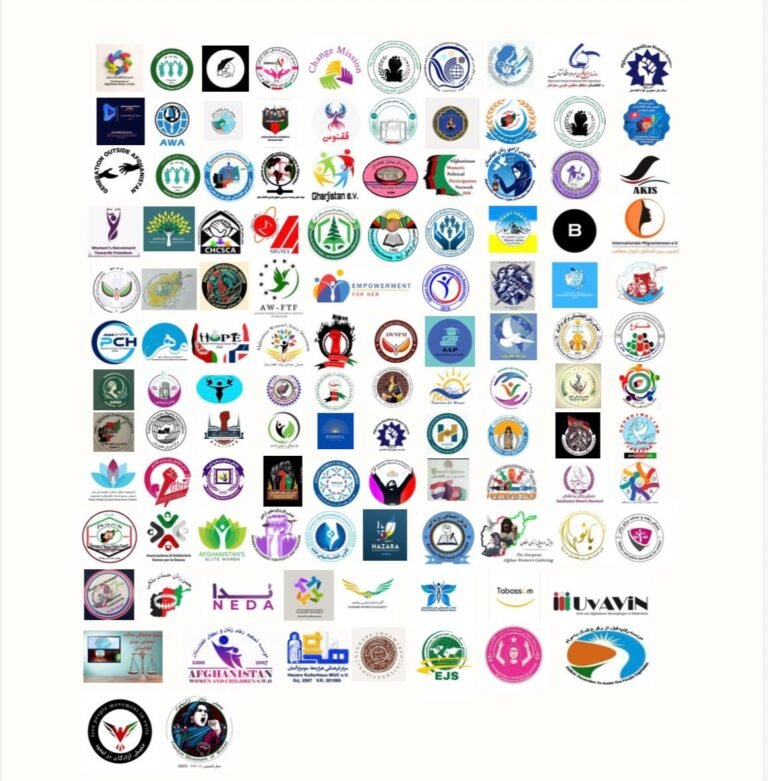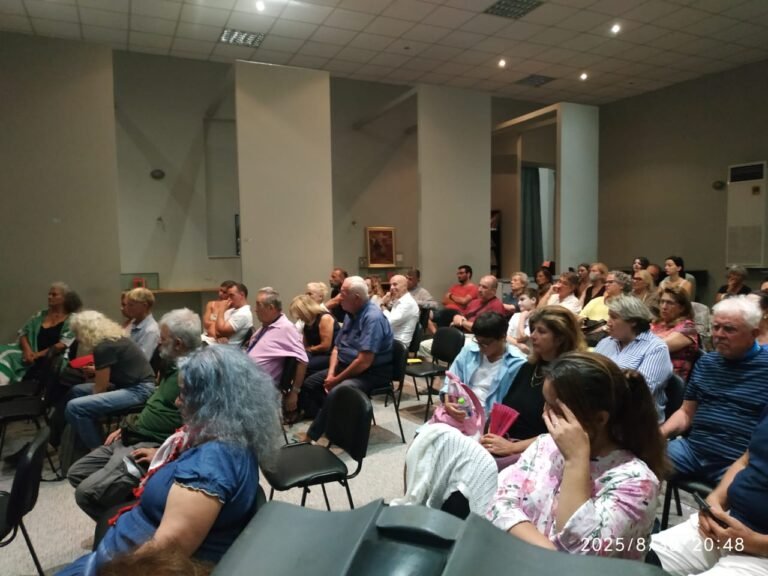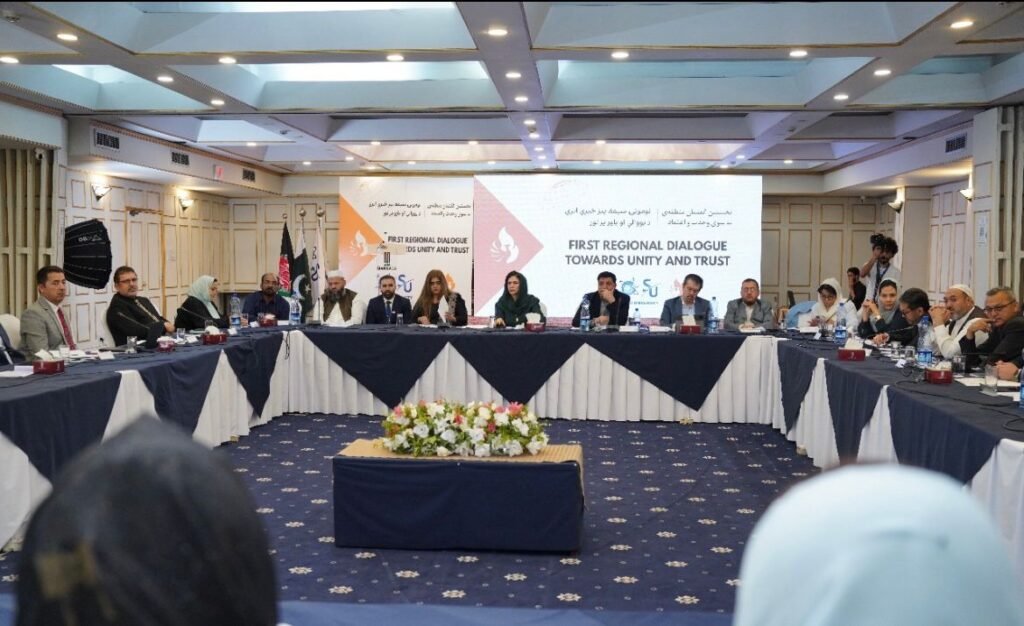
On 29–30 September 2025, an important regional conference was held in Islamabad, Pakistan, focusing on the future of Afghanistan, trust-building, and regional cooperation. The conference was organized with the initiative and cooperation of Dr. Maria Sultan, President of the South Asia Strategic Stability Institute (SASSI), and Ms. Fawzia Koofi from Women for Afghanistan.
This program was one of the most significant civic and political gatherings in the region, attended by representatives of women’s movements, civil society organizations, political parties, independent figures, as well as several officials and members of Afghanistan’s former government.
Sima Noori participated in this conference as the representative of Generation Outside Afghanistan and also on behalf of the Hazara Consulate.
Objectives of the Conference
The Islamabad conference pursued the following key objectives:
1. Building trust between Afghanistan and Pakistan through direct dialogue between civil society, political groups, and social activists of both countries.
2. Highlighting the role of women and youth as a strategic force in shaping the political, social, and economic future of Afghanistan.
3. Addressing the challenges of Afghan refugees in Pakistan and developing joint proposals to ease visa and residency processes.
4. Strengthening educational and cultural cooperation, particularly in language education, academic capacity-building, and equal opportunities for Afghan students and girls.
5. Creating a regional bridge of cooperation among civil society, political parties, academic institutions, and social actors to position Afghanistan as a hub linking Central and South Asia.
Activities and Programs
1. Main Sessions (29–30 September, Islamabad)
• Specialized panels were held on trust-building, economy, education, refugees, and the role of civil and political society.
• The importance of Afghanistan–Pakistan cooperation for regional stability and economic development was emphasized.
• The role of women, youth, and political parties in rebuilding Afghanistan’s future was highlighted.
2. Meetings with Women’s Protest Movements (1 October, Islamabad, Attock, Rawalpindi, and Sadiqabad)
• On the third day, the delegation visited Afghan women activists and representatives of protest movements.
• Discussions focused on solidarity, coordination, and strengthening women’s protest networks.
3. Visit to the English Language Institute (1 October, Attock)
• A visit was made to an English language institute in Attock to review the capacities and educational needs of Afghan refugee students.
4. Addressing Refugee Challenges
• The problems of Afghan refugees in Pakistan, especially in terms of visa procedures and legal restrictions, were reviewed.
• It was agreed that a joint collective letter would be drafted by civil society organizations, women’s movements, and political parties to the Pakistani authorities, requesting facilitation for refugee visa processes.
Significance of the Conference
This conference was among the most important regional gatherings that:
• Amplified the voices of Afghan women, youth, political institutions, and the diaspora at the regional and international level.
• Elevated trust-building and direct dialogue between Afghanistan and Pakistan as a central principle.
• Created a foundation for joint educational, civic, economic, and political initiatives between the two countries.



